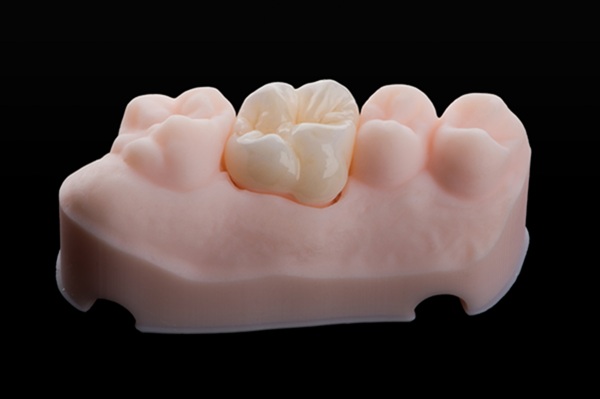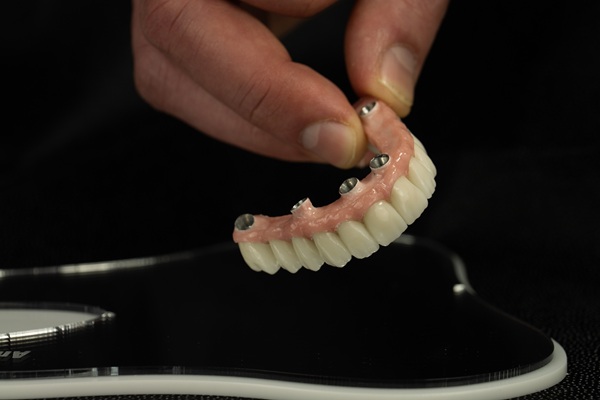Ask a Dentist: Is Fluoride Good or Bad for Teeth?

When you visit the dentist for a checkup, they may suggest fluoride treatment and the use of fluoride toothpaste. Both children and adults can get a fluoride treatment, and the aim is to remineralize the teeth and inhibit the creation of acids by bacteria. For children, small doses of fluoride are essential during the development of permanent teeth. It also helps to strengthen the tooth enamel against acids and decay.
But despite the acclaimed benefits of fluoride, is it really all that good for the teeth? This article will inform you about what you need to know about the benefits and harms of fluoride.
How the body processes fluoride
Whether from supplements, water or food, fluoride is passed to the bloodstream through the stomach, and is afterward absorbed by the body. Ingested fluoride has no effect on the teeth for anyone above 16 years of age.
Fluoride can also be applied topically, directly to the teeth. The methods of application include toothpaste, dental rinses or fluoride treatments. Topical fluoride treatments only remain in the mouth for a short period, but the fluoride levels of the mouth will be high for several hours. In-office fluoride treatments can be applied as a foam, gel or varnish. This treatment is typically more effective than toothpaste and mouthwashes.
Fluoride supplements can be prescribed for children living in communities where the water is not fluoridated. The prescription is only available for children between the ages of six months and 16 years.
The potential harms of fluoride
Overexposure to fluoride can cause symptoms such as diarrhea, abdominal pain, vomiting, headache, fever, excess salivation, muscular weakness and tremors.
Ingesting toothpaste during tooth development can result in a cosmetic issue known as fluorosis. Mild fluorosis is visible on the tooth as white specks and can go unnoticed in most people. Ingesting fluoride in large quantities can also cause mottled brown enamel. This occurrence is rare and happens only in areas with a high percentage of fluoride in the water.
Preventing problems
Fluoride is beneficial and safe for the teeth when used properly. City officials check water-fluoridation systems to ensure the fluoride levels are safe for drinking. Parents are generally advised to monitor the use of fluoride products in the house.
Every fluoride supplement should be kept out of children’s reach. Ideally, the dose should be given in small amounts, depending on the child’s age, predisposition to cavities and the level of fluoride in the water. According to the American Dental Association, fluoride supplements should only be given to children with a high risk of cavities.
Kids are more prone to swallowing toothpaste while brushing instead of spitting. Monitor them while brushing until they learn to spit out. Usually, give children a pea-sized amount of toothpaste per brushing session.
In conclusion
By maintaining proper oral hygiene and visiting the dentist regularly for checkups, you can easily prevent issues such as tooth decay without necessarily needing a fluoride treatment. If you have any concerns about your oral health, reach out to your dentist today for a consultation.
Request an appointment here: https://www.tucsonazdentistry.com or call Advanced Family Dentistry at (520) 353-3002 for an appointment in our Tucson office.
Check out what others are saying about our dental services on Yelp: General Dentist in Tucson, AZ.
Recent Posts
A general dentist can help you to get past any toothache. Toothaches tend to occur as the worst possible times and they are usually an indicator there is something wrong with that specific tooth.Toothaches are often the result of a tooth being damaged by decay or trauma. It can also be a symptom of an…
The general dentist often uses a dental filling as a restoration procedure for teeth damaged due to decay. Unless the tooth is severely damaged and needs a root canal and a crown, only the tooth filling will be enough. It is better to visit the dentist regularly for checkups, so decay not get too severe.The…
Learning how to prevent cavities from a general dentist is smart. General dentists understand everything there is to know about how to take care of your mouth and are a great source of dental information. Whether you think you already have a cavity or want to make a preventive appointment to avoid getting a cavity…
If you suspect you have cavities, you might be wondering how long you can wait before seeking cavity treatment. The simple answer is that the longer you delay restorative dental treatment for tooth decay, the more damage occurs to the teeth. When you notice the toothache or feel a hole in your tooth, you should…


